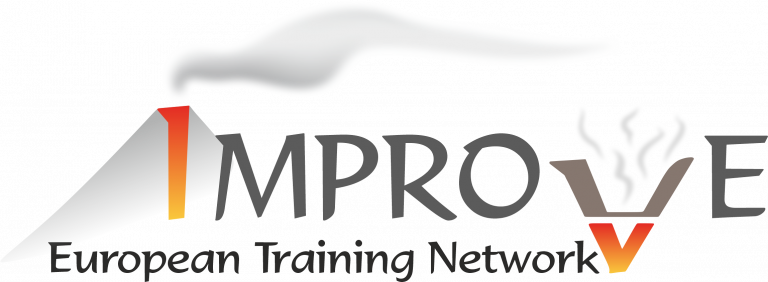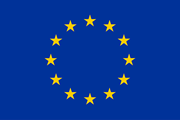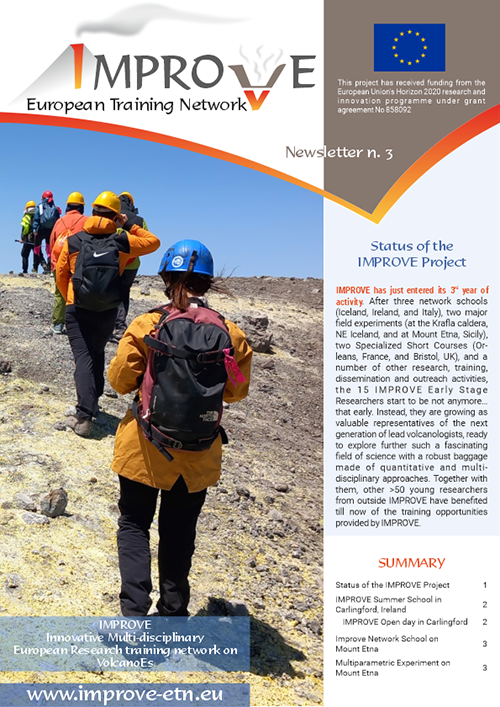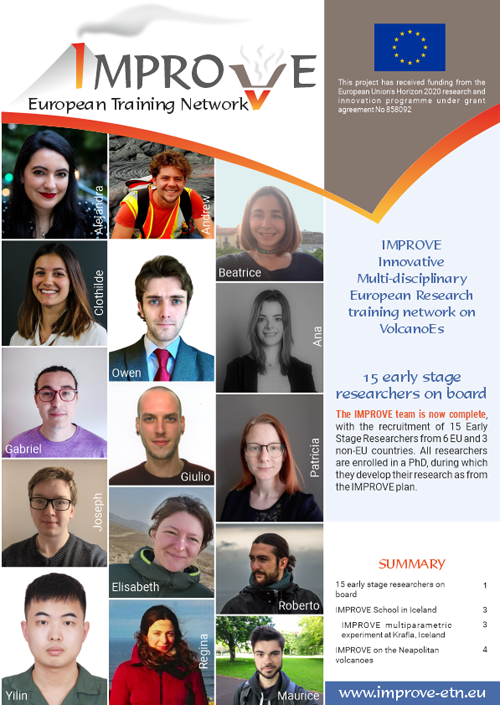notizie
Third Specialized Short Course: Data Analysis and Pattern Recognition

24-25-26 of January 2024 | ETSIIT Granada
Second Network School – Multiparametric Volcano Monitoring: Data Processing, Analysis and Modelling
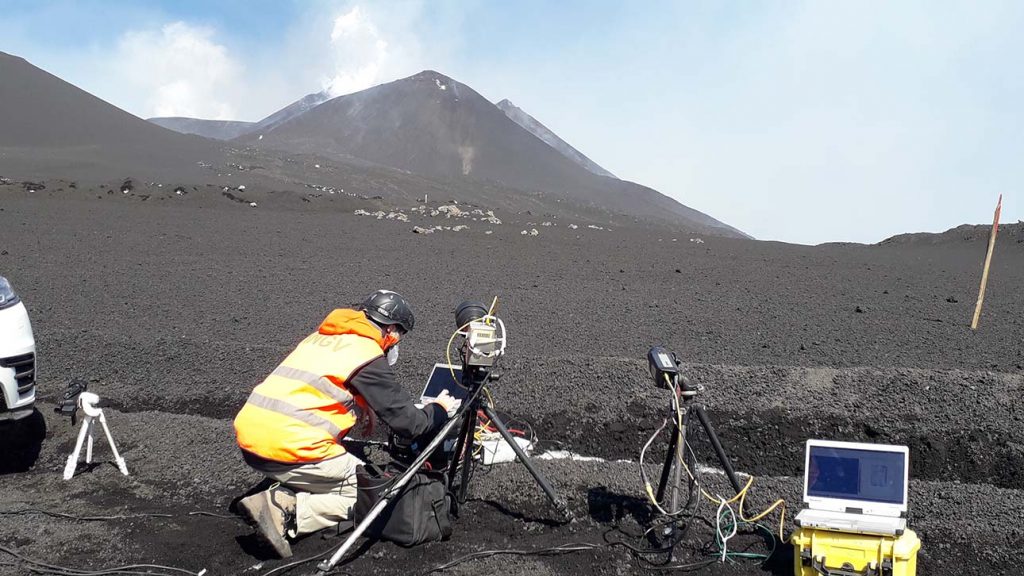
Nicolosi (Mount Etna), Italy – July 24 – 28, 2023
IMPROVE is a H2020 Marie Sklodowska-Curie Innovative Training Network for the next generation of European volcanologists. Early Stage Researchers in IMPROVE are trained while developing research on quantitative volcanology, from innovative monitoring and prospecting to advanced lab experiments, High Performance Computing, Machine Learning and Artificial Intelligence. IMPROVE organizes schools, short courses, and other training and scientific meetings open to participants from outside the network.
SCHOOL OBJECTIVES and KEY TRAINING ELEMENTS
The Etna school aims at introducing the students to the analysis of data from multiparametric volcano monitoring networks. The school is focussed on exercises and practice: frontal lessons are kept to a minimum, and they are addressed at providing the fundamental understanding necessary for a conscious use of processing tools and computational instruments which will constitute the core of the activities. The case studies will make large (but not exclusive) reference to Mount Etna, one of the most active, best monitored, most famous and most intensively investigated volcanoes in the world. The technical and scientific contents above are complemented by lessons on European standards for data management and policies, and on planning, engineering and testing new instruments for volcano monitoring.
All students are asked to bring a poster on their research activity, and present it in dedicated sessions.
SCHEDULE
| July 23 | Arrivals (late afternoon) & ice-breaker |
| July 24 | Volcano deformation: theory and exercises Late afternoon students’ posters & wine session. |
| July 25 | Volcano degassing: theory and exercises Late afternoon students’ posters & wine session. After-dinner presentation of the field excursion. |
| July 26 | Field excursion on Mount Etna. |
| July 27 | Volcano seismicity: theory and exercises Afternoon training module on the EPOS data portal. Late afternoon students’ posters & wine session. |
| July 28 | Final exercise: simulation of a volcanic crisis. |
| July 29 | Departures in the morning |
MOUNT ETNA
Mount Etna (3357 m a.s.l.) is one of the most famous and active volcanoes in the world, and one of the most beautiful to visit and most rewarding to investigate. The eruption activity during last few decades is dominated by the formation of large lava fountains merging into sub-Plinian events with volcanic plumes reaching as high as 15 km above the crater. Quite often that summit activity is accompanied by the generation of lava flows, most of which invade the “Valle del Bove”, a huge depression on the Eastern flank of the volcano representing a major volcano-tectonic feature. Less frequent flank eruptions produce lava flows which menace, and sometimes partially destroy, villages as well as touristic installations.
The volcano monitoring system on Mount Etna is arguably the most developed in the world, with a number of permanent installations approaching 200 and including broad-band seismometers, tiltmeters, dilatometers, gravimeters, GNSS, FTIR and multi-gas sensors, acoustic sensors, visible and infra-red cameras, integrated by satellite imagery (optical and radar) and field observations. The 24/7 volcanic control room at the INGV Etna Observatory in Catania continuously receives Tb of data which are processed in real-time, and is constantly in contact with the regional and national operational rooms of the Italian Civil Protection system.
Comitato organizzativo: Eugenio Privitera, Giuseppe Puglisi, Paolo Papale, Raffaela Pignolo.
Supporto tecnico: Massimiliano Cascone, Patrizia Pantani, Salvatore Consoli, Fabrizio Pistagna.
SCHOOL COSTS
Each student will pay a contribution to the true costs, amounting to a total of 430 euros to be payed on-site, inclusive of accommodation in double or triple room, breakfast, lunch, coffee breaks, social dinner, school materials, transfer from-to Catania airport at scheduled times, and additional transfers during the school days. The cable car to access the summit area of Mount Etna during the day of field trip costs additional 45 euros, to be payed on-site to the service-providing company.
VENUE
INGV building, Via Monti Rossi 1
NICOLOSI (CT)/
Second Specialized Short Course: Volcano Geodesy
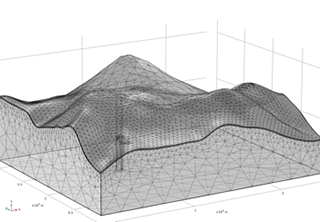
SSC#2: Short course on Volcano Geodesy
27th – 29th March 2023 | University of Bristol
Applications should be sent to Joachim Gottsmann: J.Gottsmann@bristol.ac.uk
Deadline 10 March
Summer School: Geophysical data inversion and numerical forward modelling
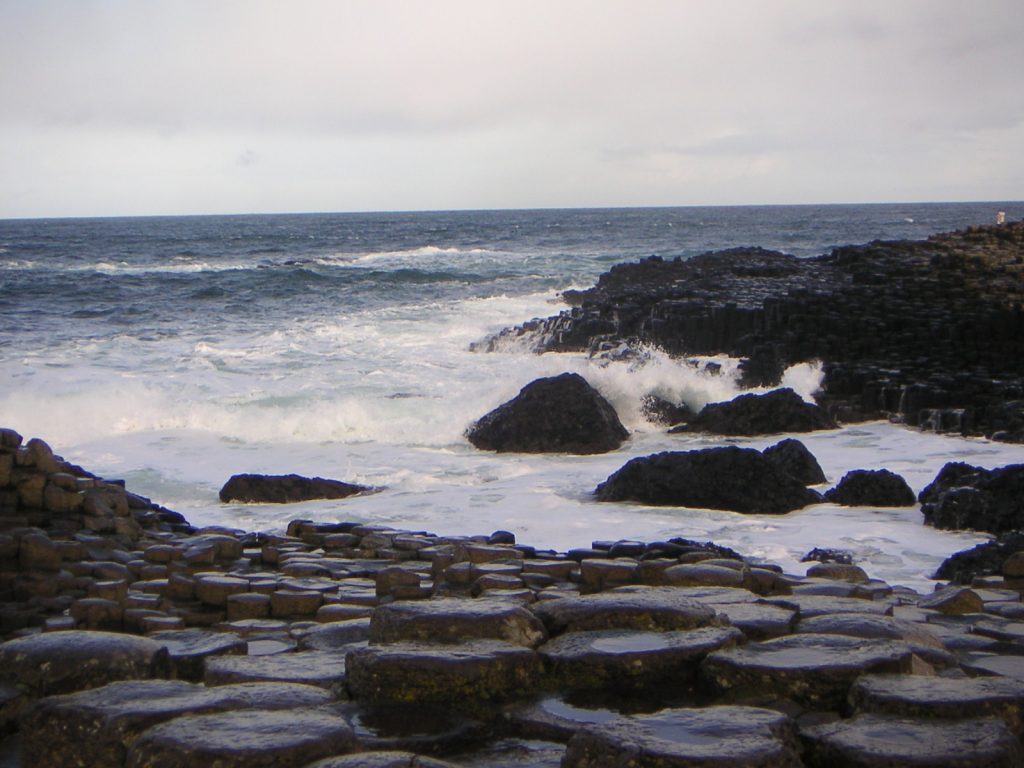
Geophysical data inversion and numerical forward modelling
Carlingford, Ireland – 14th-20th May 2023
Deadline for Registration: 3rd April 2023
IMPROVE is a H 2020 Marie-Sklodowska Curie Innovative Training Network for the next generation of European volcanologists. Early Stage Researchers in IMPROVE are trained while developing research on quantitative volcanology, from innovative monitoring and prospecting to advanced lab experiments, High Performance Computing, Machine Learning and Artificial Intelligence. IMPROVE organizes schools, short courses, and other training and scientific meetings open to participants from outside the network.
KEY TRAINING ELEMENTS
Geophysical data inversion and numerical forward modelling are key elements in the study of volcanoes. Physics based inversion allows the estimation of a population of models by extracting information from observed data, while forward modelling tools can yield a prediction of the expected data, given a model. Combined use of these approaches permit estimates of volcano source parameters and volcano structure. In the Ireland School we will consider theoretical and practical aspects of both data inversion and forward modelling, drawing on examples from seismic & acoustic (infrasound) source estimations, volcano deformation and volcano imagery using seismology and magnetotellurics. We will also briefly consider the relative merits of physics based versus data driven inversion (e.g. Deep Learning – DL), and briefly explore new hybrid inversion approaches where physical laws are incorporated into DL data driven schemes. Finally the School will also cover topics such as project management, research leadership, and good communication.
SCHEDULE
| May 14: | Arrivals (late afternoon) & ice-breaker |
| May 15: | - Inverse theory: turning data into models; - *Mini workshop on preparing material for Open Day |
| May 16: | - Inverse Theory practicals; - Forward modelling: predicting data from a model; - Sea Kayaking (weather permitting). |
| May 17: | - Forward modelling practicals; - Public Open Day; - **Poster session, BBQ. |
| May 18: | - Field trip to Giant’s Causeway columnar basalts; Co. Antrim |
| May 19: | Open format on: - Project management; - Research leadership; - Good communication; Industry perspectives. |
| May 20: | Departures in the morning |
*Particpants will be expected to collaborate (online) to prepare material in advance of the school.
** Participants are expected to bring a poster outlining their research work.
There will also be a special presentation on the Hunga Tonga–Hunga Haʻapai eruption, as part of the School.
Preliminary list of lecturers: Silvio De Angelis, Duygu Kiyan, Ivan Lokmer, Chris Bean, Paddy Smith, Ka Lok Li, Emma Chambers [… additional lecturers & updates coming shortly]
TARGET PARTICIPANTS
PhD candidates and early stage post docs with little to no prior knowledge of inversion and forward modelling.
SCHOOL COSTS
Each student will pay a contribution towards the true costs. This includes accommodation in double or triple rooms, breakfast, lunch, coffee breaks and dinners. The cost of school materials, transfers to and from Dublin airport at scheduled times, field trip and kayaking, will be covered by the IMPROVE Project. The estimated maximum cost is €470 (accounting for possible inflation).
REGISTRATION
The school is open to a maximum of 15 students, besides IMPROVE fellows. Participants will be selected on the basis of demonstrated relevance of the school for their research and career development.
Deadline for Registration: 3rd April 2023
Information on Acceptance: 10th April 2023
Although Ireland is an EU member state, it is not part of the Schengen travel area. Therefore, it is the responsibility of non-EU citizens to determine if they require a visa to travel to Ireland. Applicants who have been offered a place on the School will be offered a letter of acceptance, if they need one for visa purposes.
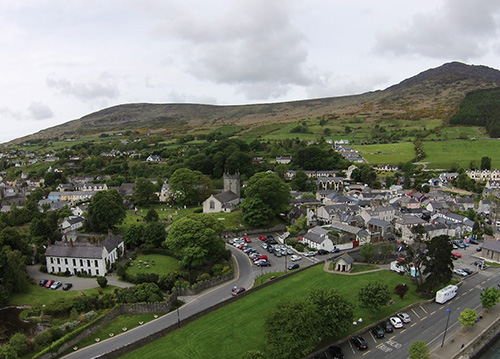
The School will be held in the small coastal village of Carlingford, about half way between Dublin and Belfast.
There is easy access to Dublin airport. The village is vibrant but isolated, ideal for a week of both science and fun.
First Specialized Short Course: Seismology and Imaging
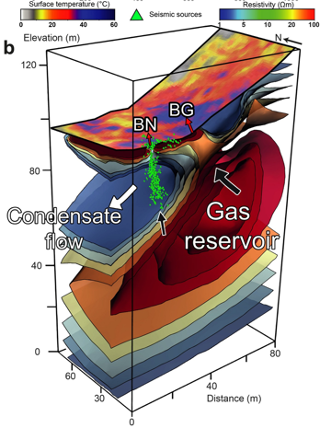
SSC#1: Short course in Seismology & Imaging
23th – 25th January 2023
ISTerre, University Grenoble Alpes, France
Newsletter n. 2
Krafla multiparametric experiment
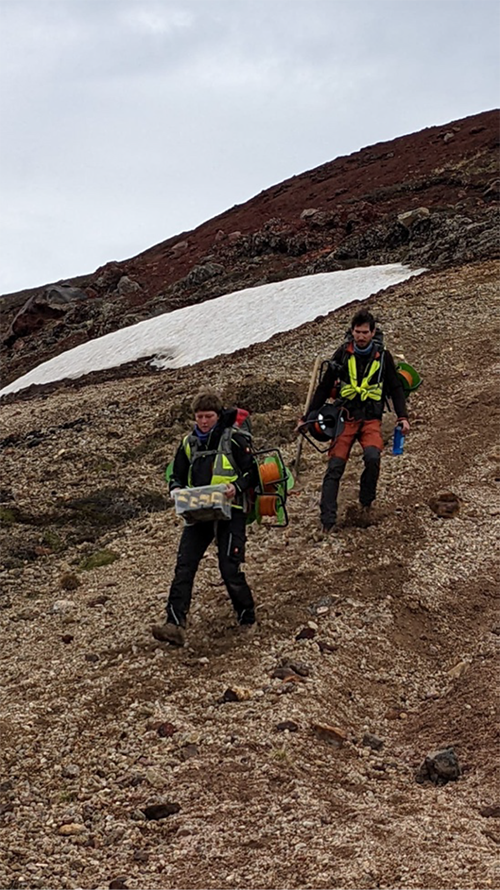
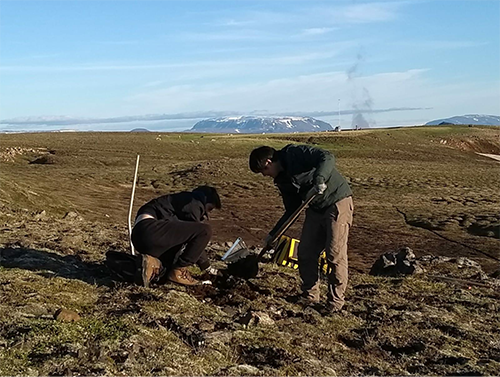
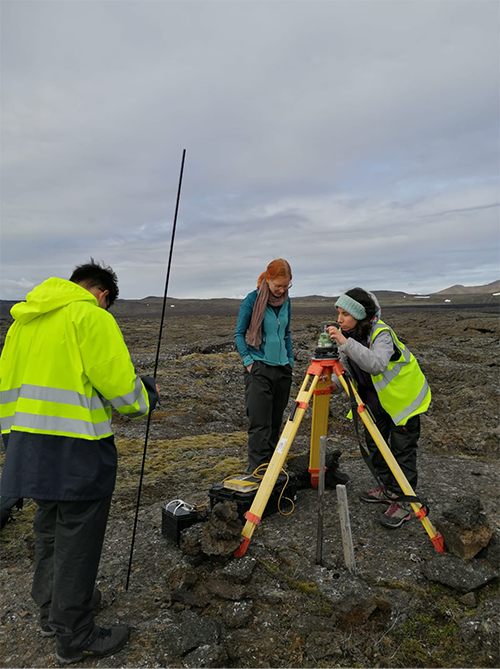
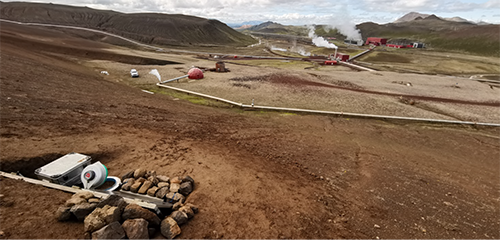
The IMPROVE multi-parametric experiment at Krafla took place from June 17 to July 3 (with some groups continuing further). A total of 41 personnel took place, including 14 Early Stage Researchers recruited under IMPROVE. The experiment has a strong scientific content, as it is described in the project:
OBJECTIVE #1. IMPROVE will attack the present-day major limitation in underground imaging of volcanoes, by concentrating the research of 9 ESRs and their scientific tutorship teams in a coordinated, multi-disciplinary effort aimed at testing current-day models, and developing new ones, at Krafla, the unique place where ground- truth testing can be conducted thanks to direct knowledge of the magma-rock interface.
It also has a similarly strong educational content, justifying the participation of all of the IMPROVE ESRs (one still to be recruited at the time), including those focusing their research activities on Mount Etna.
| ESR | Project | Inst. | Objectives (shortened) | Active field component |
|---|---|---|---|---|
| 3 | Thermo-mechanical modelling of the shallow magmatic body at Krafla | INGV | Constrain dynamics and thermo-mechanical properties of subsurface at Krafla | None |
| 5 | Thermal response of a geothermal system to intrusion and rifting episodes | UI | Quantify thermal and fluid flow effects of intrusions and rifting; study energy budget | Exploration of thermal output of fumaroles |
| 6 | Crustal deformation modeling in the Krafla area based on realistic Earth properties | UI | Construct 3D visco-poro-elastic model; use to study geothermal and other deformation | GNSS measurements (~70 campaign stations); levelling |
| 7 | Time lapse virtual & earthquake source seismic imagery at Krafla | DIAS | Apply and developed innovative seismic reflection for chamber roof; new borehole seismometers | 100 nodes; 20 seismometers; borehole seismometer |
| 9 | Evolution of permeability in Krafla's geothermal field and associated seismo-acoustic patterns | LMU | Determine permeability and volatile flux evolution using lab work & simulations; link to seismicity | Sample collection; drill cuttings; field permeability measurements |
| 11 | Shallow crustal density distributions and its evolution at the Krafla volcanic system | UNIV-BRIS | Construct 3D subsurface density model from gravity & other data; temporal gravity changes | Gravity survey (incl. GNSS) |
| 12 | Multi-scale high resolution geophysical imaging of Krafla sub-volcanic system | IS-Terre | VH-res electric, IP, MT, seismic, magnetic surveys; link with seismicity, flow, & joint integration | 60 electric, 100 seismic nodes; 6 magnetotelluric systems |
| 13 | Modeling mass balance and stress transfer at the Krafla volcanic system | GFZ | Install 5 continuous gravity+ stations; compare with production data & model mass movements | Move Theistareykir gravity infrastructure to Krafla; gravity survey |
| 15 | Geochemical prospecting and geothermal circulation modelling at Krafla | INGV | Geochemical prospecting and geothermal circulation modelling; test new instruments | CO2 flux and T mapping; sampling for CO2 isotopes; CO2 flux monitoring station |
IMPROVE – Project of the Month
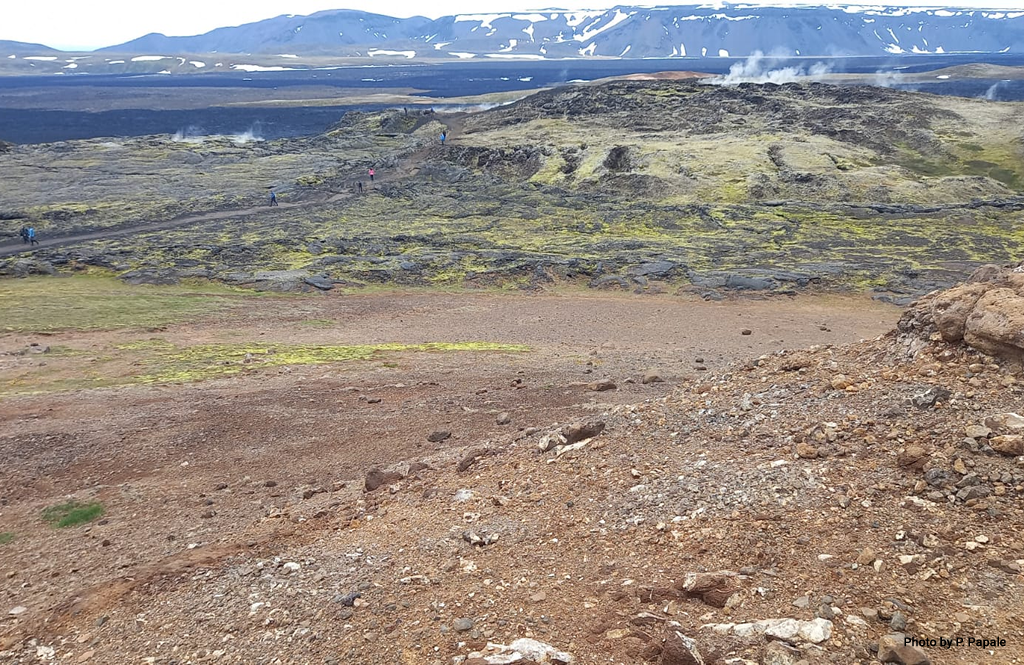
IMPROVE is EU Project of the Month: https://cordis.europa.eu/article/id/441914-training-tomorrows-volcano-scientists-in-the-eruption-hotspot-of-iceland
Etna school at Mount Etna postponed to summer 2023
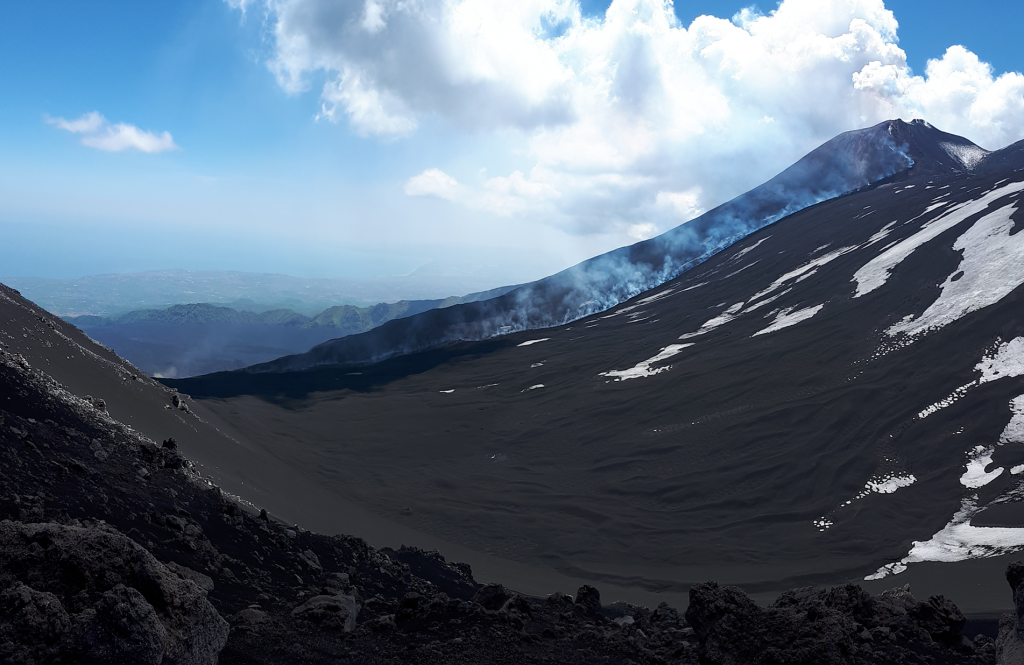
In his last meeting on July 6, the IMPROVE Supervisory Board decided to postpone the Etna school to summer 2023
After the successful IMPROVE Krafla school and field experiment, which took about three weeks across June and July 2022, the IMPROVE Supervisory Board decided to postpone the Etna school to summer 2023. Such a 1-year delay contributes to a smoother introduction of the training elements in IMPROVE, supporting a more progressive growth of the IMPROVE Early Stage Researchers.
The final dates of the Etna school will be posted by May 2023. The external students who presented successful applications will be invited to participate next year
